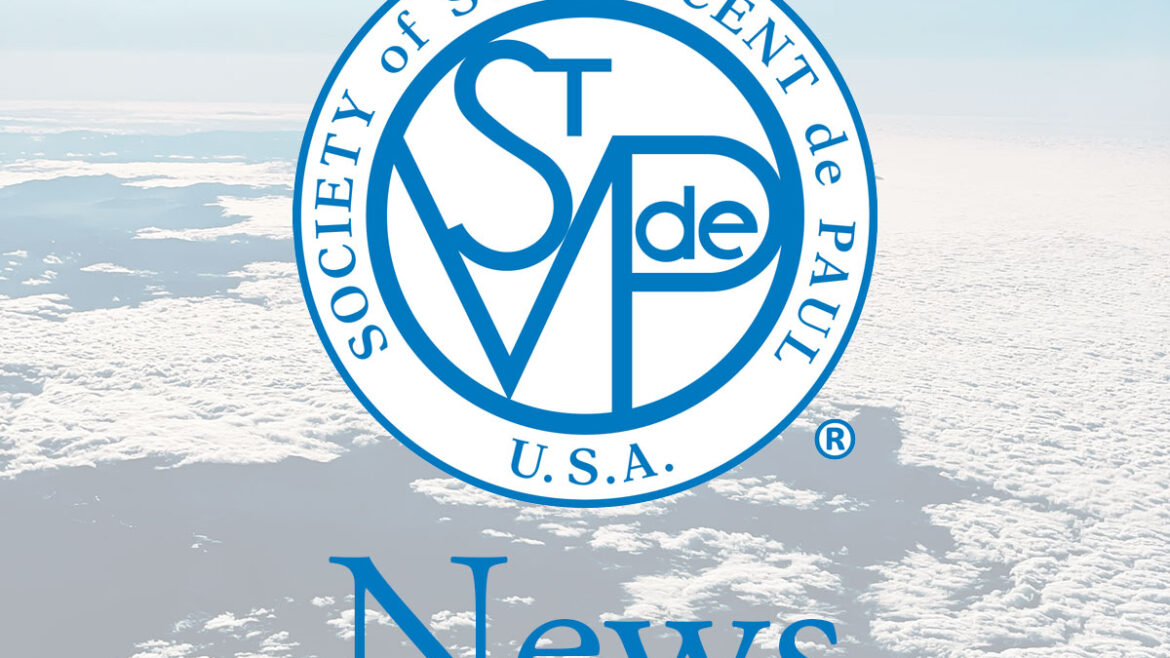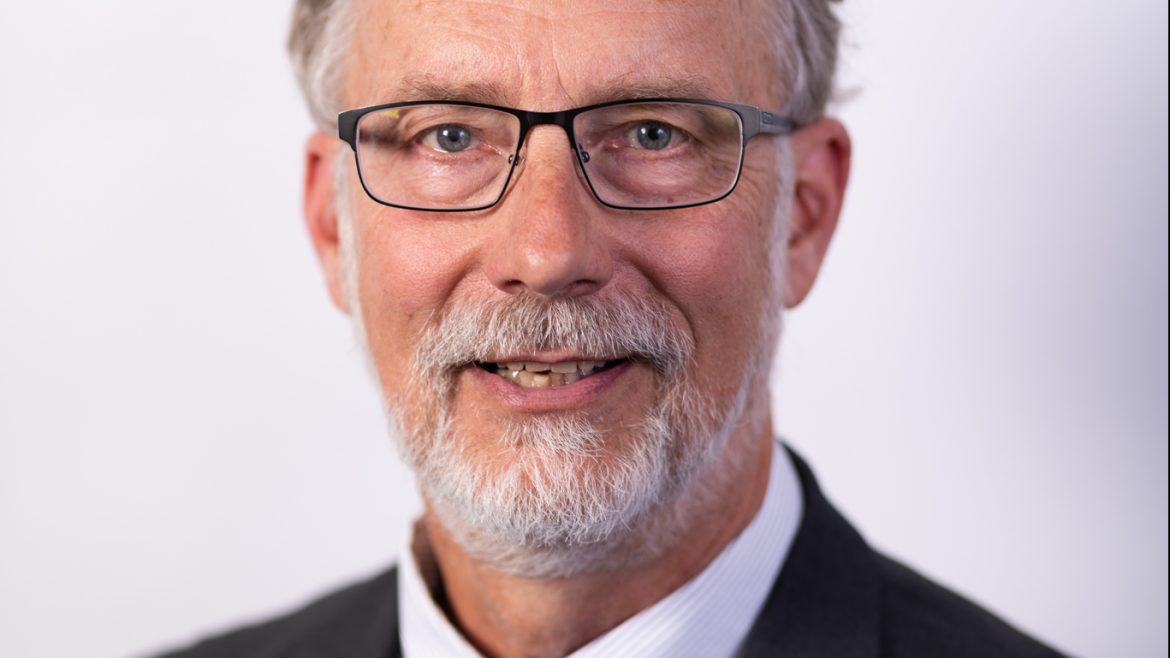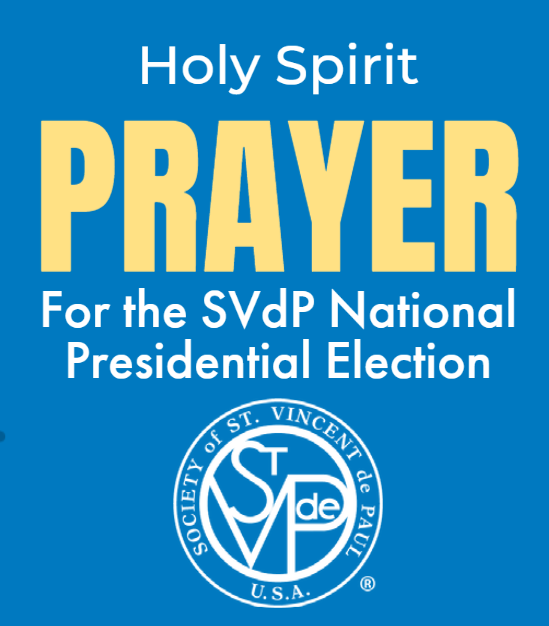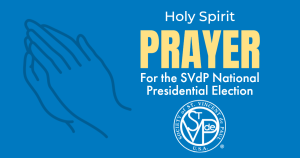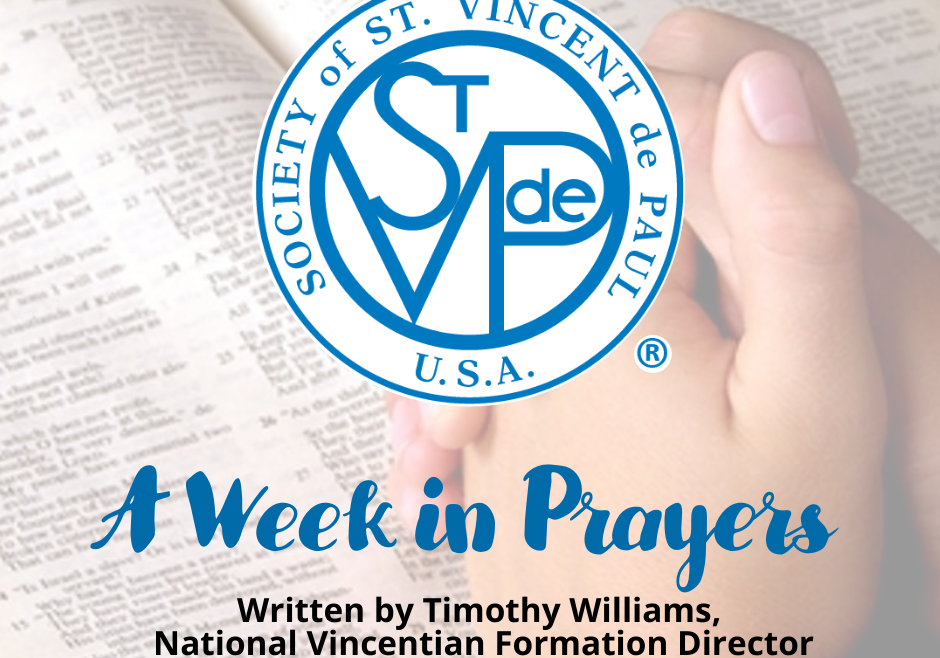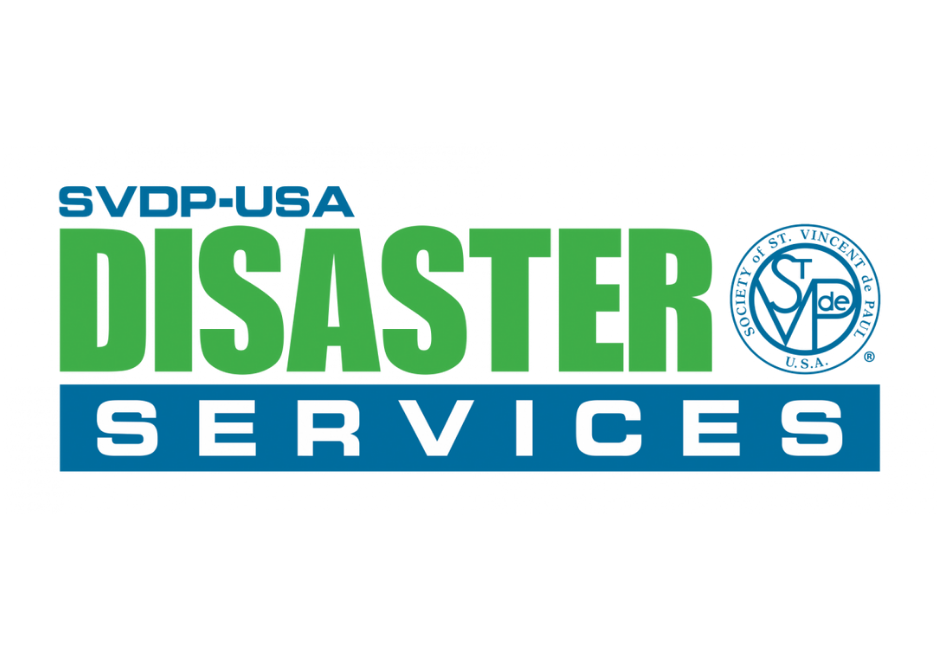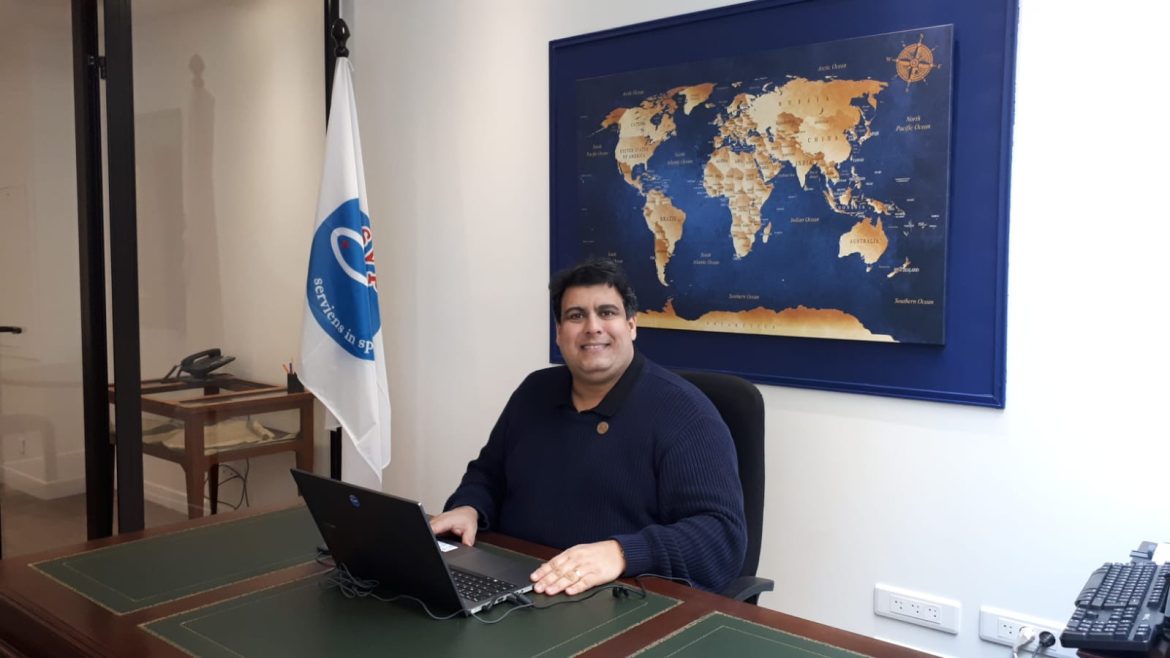With 100,000 Vincentians across the United States and nearly 800,000 around the world, the Society of St. Vincent de Paul provides person-to-person service to those who are needy and suffering. Read some of their stories here:
INTERNATIONAL
NATIONAL
- CINCINNATI, OH: St. Vincent de Paul in need of box fans to distribute amid high temperatures
- OMAHA, NE: Omaha organization donates ground beef to area food pantries
- PHOENIX, AZ: 100 Days of Summer returns as heat relief kicks off with ample chances to help
Help us share the good news of the good work being done in your local Conference or Council! Email us at info@svdpusa.org with the subject line Good News.

